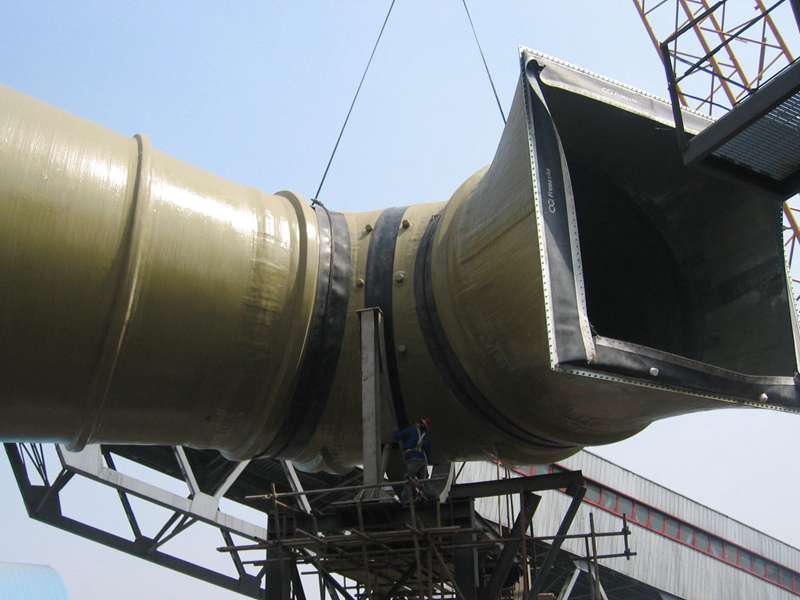
-
 Afrikaans
Afrikaans -
 Albanian
Albanian -
 Amharic
Amharic -
 Arabic
Arabic -
 Armenian
Armenian -
 Azerbaijani
Azerbaijani -
 Basque
Basque -
 Belarusian
Belarusian -
 Bengali
Bengali -
 Bosnian
Bosnian -
 Bulgarian
Bulgarian -
 Catalan
Catalan -
 Cebuano
Cebuano -
 China
China -
 China (Taiwan)
China (Taiwan) -
 Corsican
Corsican -
 Croatian
Croatian -
 Czech
Czech -
 Danish
Danish -
 Dutch
Dutch -
 English
English -
 Esperanto
Esperanto -
 Estonian
Estonian -
 Finnish
Finnish -
 French
French -
 Frisian
Frisian -
 Galician
Galician -
 Georgian
Georgian -
 German
German -
 Greek
Greek -
 Gujarati
Gujarati -
 Haitian Creole
Haitian Creole -
 hausa
hausa -
 hawaiian
hawaiian -
 Hebrew
Hebrew -
 Hindi
Hindi -
 Miao
Miao -
 Hungarian
Hungarian -
 Icelandic
Icelandic -
 igbo
igbo -
 Indonesian
Indonesian -
 irish
irish -
 Italian
Italian -
 Japanese
Japanese -
 Javanese
Javanese -
 Kannada
Kannada -
 kazakh
kazakh -
 Khmer
Khmer -
 Rwandese
Rwandese -
 Korean
Korean -
 Kurdish
Kurdish -
 Kyrgyz
Kyrgyz -
 Lao
Lao -
 Latin
Latin -
 Latvian
Latvian -
 Lithuanian
Lithuanian -
 Luxembourgish
Luxembourgish -
 Macedonian
Macedonian -
 Malgashi
Malgashi -
 Malay
Malay -
 Malayalam
Malayalam -
 Maltese
Maltese -
 Maori
Maori -
 Marathi
Marathi -
 Mongolian
Mongolian -
 Myanmar
Myanmar -
 Nepali
Nepali -
 Norwegian
Norwegian -
 Norwegian
Norwegian -
 Occitan
Occitan -
 Pashto
Pashto -
 Persian
Persian -
 Polish
Polish -
 Portuguese
Portuguese -
 Punjabi
Punjabi -
 Romanian
Romanian -
 Russian
Russian -
 Samoan
Samoan -
 Scottish Gaelic
Scottish Gaelic -
 Serbian
Serbian -
 Sesotho
Sesotho -
 Shona
Shona -
 Sindhi
Sindhi -
 Sinhala
Sinhala -
 Slovak
Slovak -
 Slovenian
Slovenian -
 Somali
Somali -
 Spanish
Spanish -
 Sundanese
Sundanese -
 Swahili
Swahili -
 Swedish
Swedish -
 Tagalog
Tagalog -
 Tajik
Tajik -
 Tamil
Tamil -
 Tatar
Tatar -
 Telugu
Telugu -
 Thai
Thai -
 Turkish
Turkish -
 Turkmen
Turkmen -
 Ukrainian
Ukrainian -
 Urdu
Urdu -
 Uighur
Uighur -
 Uzbek
Uzbek -
 Vietnamese
Vietnamese -
 Welsh
Welsh -
 Bantu
Bantu -
 Yiddish
Yiddish -
 Yoruba
Yoruba -
 Zulu
Zulu
High-Quality Fiberglass Pipe Flanges for Durable Connections
Understanding Fiberglass Pipe Flanges A Comprehensive Overview
Fiberglass pipe flanges are an essential component in the realm of piping systems, particularly known for their corrosion resistance and lightweight properties. Used predominantly in industrial applications, these flanges are instrumental in connecting various sections of fiberglass pipe, facilitating the transport of fluids in a safe and efficient manner.
What Are Fiberglass Pipe Flanges?
Flanges are flat pieces of material, usually with a hole in the center and typically designed to be attached to pipe ends or other flanged fittings. When it comes to fiberglass pipe, these flanges are usually made from reinforced thermosetting plastic (RTP) or other fiberglass composite materials. This construction allows them to handle a variety of pressures and temperatures, making them suitable for a range of applications from water treatment facilities to chemical processing plants.
Advantages of Using Fiberglass Pipe Flanges
One of the primary advantages of fiberglass pipe flanges is their outstanding corrosion resistance. Unlike traditional metal flanges, which can rust and degrade over time when exposed to harsh chemicals or environmental conditions, fiberglass flanges are less susceptible to these risks. This characteristic significantly extends the lifespan of the piping system and reduces maintenance costs.
Moreover, fiberglass flanges are lightweight compared to their metal counterparts. This makes them easier to install and handle, reducing labor costs and simplifying transportation. Their lightweight nature does not compromise on strength; fiberglass flanges can withstand considerable pressure and stress, ensuring the reliability of the piping system.
fiberglass pipe flanges

Another notable benefit is the thermal insulation properties of fiberglass. These flanges effectively reduce the heat transfer, which is vital in applications where maintaining a specific temperature is crucial. This characteristic also helps in preventing condensation, which can lead to issues such as corrosion or the growth of mold and bacteria.
Applications of Fiberglass Pipe Flanges
Fiberglass pipe flanges are utilized in various industries, including water treatment, chemical processing, oil and gas, and food production. In the water treatment sector, they are particularly valued for their resistance to chlorine and other corrosive substances. In chemical processing plants, fiberglass flanges are employed to manage the transport of aggressive chemicals without the risk of leakage or degradation of the piping materials.
Additionally, in the oil and gas industry, fiberglass flanges help facilitate the transfer of fluids in offshore platforms, where durability against seawater is crucial. In food production, the non-reactive nature of fiberglass ensures that no unwanted substances leach into food products, maintaining safety and compliance with health regulations.
Conclusion
Fiberglass pipe flanges play a pivotal role in modern piping systems, offering a combination of strength, durability, and resistance to corrosion. Their lightweight construction and thermal insulation properties enhance their usability across various applications. As industries continue to seek efficient and reliable solutions, the demand for fiberglass pipe flanges is likely to grow, cementing their place as an indispensable component in piping systems. With ongoing advancements in materials technology, the future of fiberglass pipe flanges looks bright, promising even greater performance and innovation in industrial applications.
Latest news
-
High-Quality Fiberglass Car Bodies Durable GRP Car & Boat Body SolutionsNewsJul.08,2025
-
High-Quality Fiberglass Dual Lamination Product Manufacturer Durable FRP & GRP Dual Lamination SolutionsNewsJul.08,2025
-
Rectangular Tank with Dimensions for GRP Calculation Custom Fiberglass GRP Rectangular TanksNewsJul.07,2025
-
High-Quality Fiberglass Weir Custom FRP Weir & Fiberglass Tanks ManufacturerNewsJul.07,2025
-
CPVC FRP Pipe A Reliable Choice for Industrial Applications High Strength & Corrosion ResistanceNewsJul.07,2025
-
Fiberglass Scrubber for Effective Cleaning and Stain Removal – Superior Performance in Various ApplicationsNewsJul.06,2025









